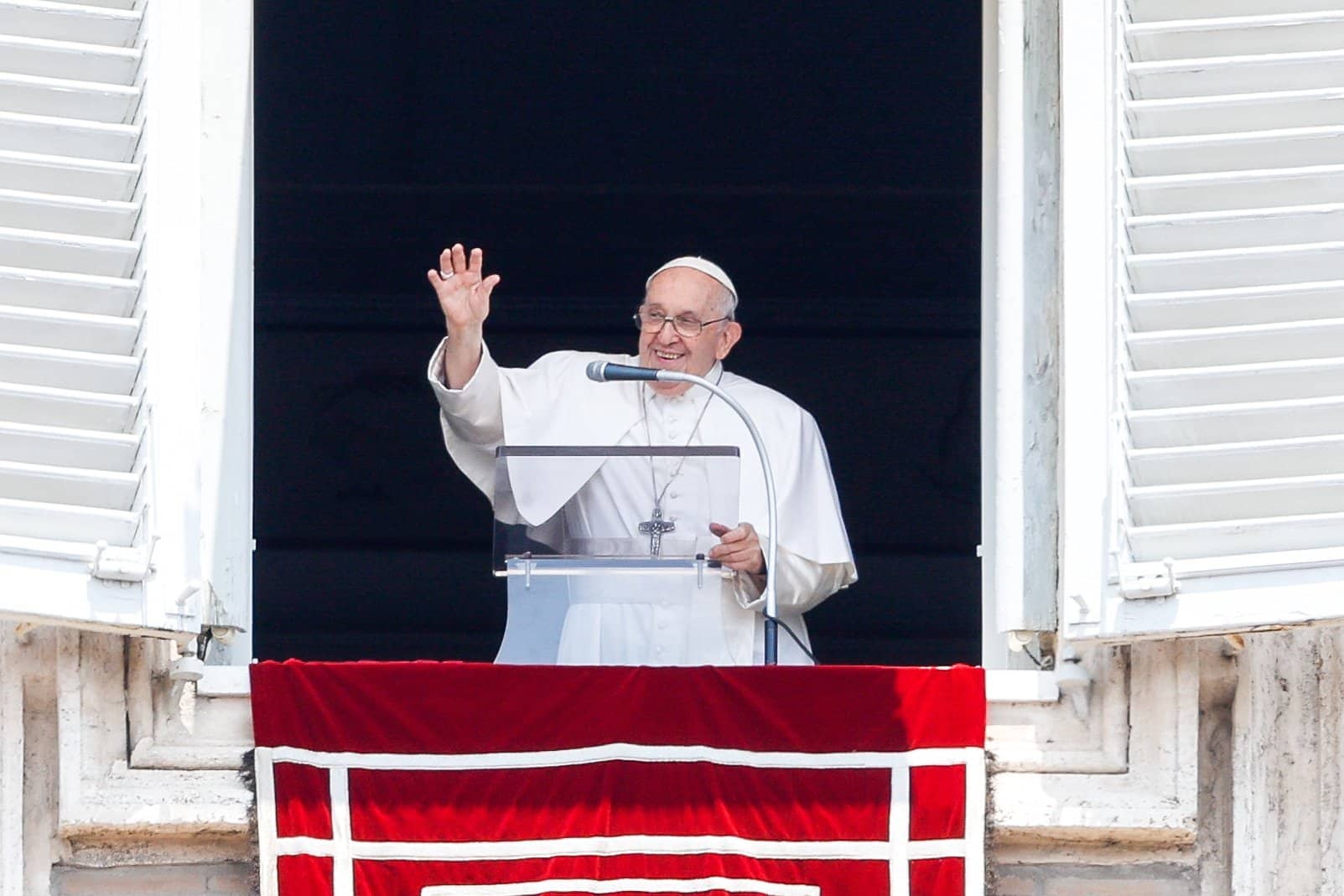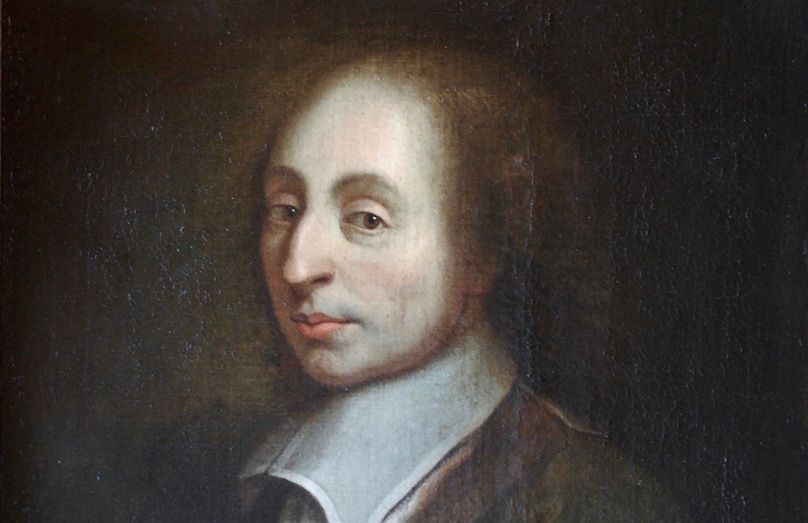
Dear Father, I understand that Pope Francis has recently issued a document on Blaise Pascal, speaking of his contribution to the question of faith and reason. What can you tell me about it?
The Pope’s apostolic letter, Sublimitas et miseria hominis, “The grandeur and misery of man,” was issued on the occasion of the fourth centenary of the birth of Blaise Pascal (1623-1662), the seventeenth-century French mathematician, scientist and philosopher.
The document is filled with quotations from Pascal’s Pensées, his most well-known work of Christian apologetics, compiled and published after his death from his notes and manuscripts.
The pope mentions how, as a Christian, Pascal “wishes to speak of Jesus Christ to those who have hastily concluded that there is no solid reason to believe in the truths of Christianity. For his part, he knows from experience that the content of divine revelation is not only not opposed to the demands of reason, but offers the amazing response that no philosophy could ever attain on its own.”
This consideration of the relationship between faith and reason is especially important today, when the whole notion of objective truth is contested in a post-modern world.
“From childhood, Pascal devoted his life to the pursuit of truth. By the use of reason, he sought its traces in the fields of mathematics, geometry, physics, and philosophy, making remarkable discoveries and attaining great fame even at an early age,” the pope writes.
“Yet he was not content with those achievements. In a century of great advances in many fields of science, accompanied by a growing spirit of philosophical and religious skepticism, Blaise Pascal proved to be a tireless seeker of truth, a ‘restless’ spirit, open to ever new and greater horizons.”
The pope highlights how Pascal “never grew resigned to the fact that some men and women not only do not know Jesus Christ, but disdain, out of laziness or due to their passions, to take the Gospel seriously.” If he were alive today, Pascal would have ample reason to lament this sad reality, just as he did four centuries ago.
One of the topics that runs through Pope Francis’ document, and of Pascal’s writings, is that of man’s search for meaning.
Pascal writes that when the human person does not find true meaning in his existence, he distracts himself with what is around him.
“What is it, then, that this longing and this feeling of helplessness cry out to us, if not that man once enjoyed a true happiness, of which there now remains but an empty trace that he tries in vain to fill with everything around him, seeking in things he lacks what he cannot obtain from those he has,” Pascal said.

“Yet none of these can provide it, for this infinite abyss cannot be bridged except by an infinite and immutable object, which is God himself.”
Pope Francis writes: “In the end, both for the age of Pascal as well as for our own, what remains the greatest and most pressing question? It is that of the overall meaning of our destiny, our life and our hope, which is directed to a happiness that we are not forbidden to imagine as eternal, but which God alone can grant.”
He goes on to quote from the Pensées: “Nothing is as important to man as his own state; nothing to him is as fearsome as eternity.”
Pascal wrote powerfully on the immortality of the soul and life after death. Once again, Pope Francis quotes from the Pensées:
“The immortality of the soul is so important to us, something that touches us so deeply, that we need to have lost all feeling to be unconcerned with knowing what is at stake…
“And that is why, among those who are not convinced about this, I would distinguish clearly between those who make every effort to investigate it, and those who go about their lives without being concerned about it or thinking of it.”
Pope Francis comments: “We know very well that often we attempt to flee death, or to overcome it, thinking that we can banish the thought of our finite existence or remove its power and dispel fear.
“But Christian faith is not a way of exorcising the fear of death; rather, it helps us to face death. Sooner or later, we will all pass through that door … The true light that illumines the mystery of death comes from the resurrection of Christ.”
This short document makes for very good reading and I highly recommend it to all.
